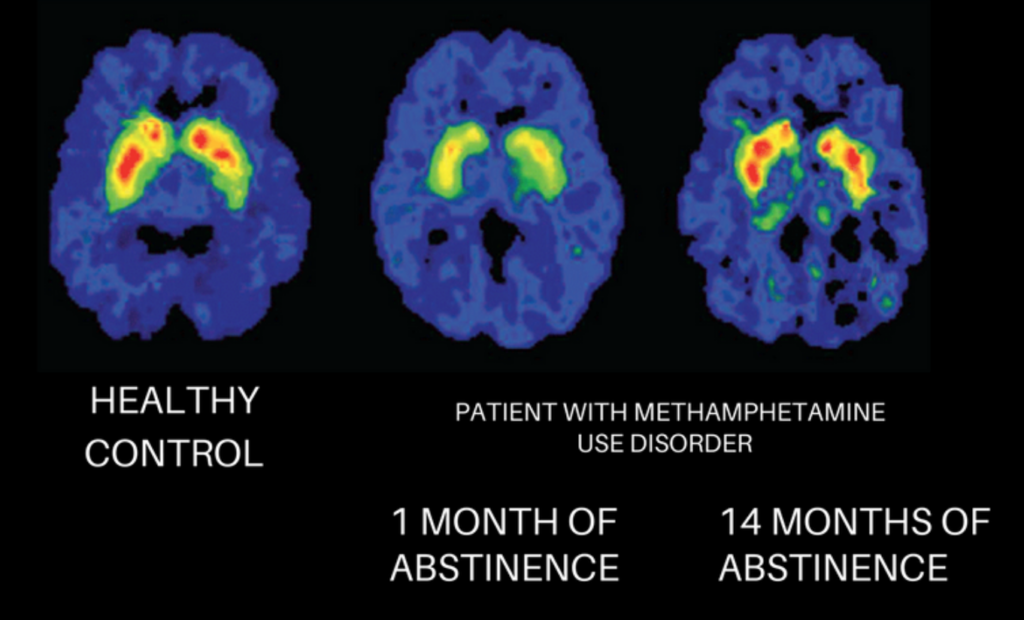Early addiction recovery is a time of significant adjustment; learning how to live life without drugs and alcohol is only one aspect of a complex process. Most individuals new to recovery have been misusing mind-altering substances for a long time; some people used them for decades before making the decision to take certain steps.
It’s common for men and women new to working a program to struggle with patience; it’s said that the addict or alcoholic “wants what they want when they want it.” However, recovery is a process that takes time—one cannot expect to heal and change specific mindsets overnight.
If you are new to addiction recovery – in treatment or otherwise – please allow yourself a significant period of time to grasp and implement a new way of living. Your disease did not come about all at once; the same is valid for implementing a new set of principles and traditions.
Weeks and months can pass by before one feels a sense of equilibrium and achieving lasting recovery will require balance in all aspects of your life. It’s of significant value to understand the difference between acute withdrawal symptoms and post-acute withdrawal symptoms (PAWS). While the former feelings and cravings may dissipate rapidly – one to two weeks generally – following your last drink or drug, PAWS can persist for months and sometimes up to a year.
Owing to the protracted length of PAWS – usually psychological and mood-related issues – the longer one stays in treatment, the better. When PAWS is left unchecked by professionals, it drastically increases one’s risk of relapse in the first year of recovery.
Scanning the Addicted Brain
The early stages of addiction recovery can be a rollercoaster ride of emotions and mental turmoil. It’s vital to stick close to a support network to protect your recovery from acting on uncomfortable feelings and emotions.
Fortunately, the brain bounces back from the ravages of prolonged drug and alcohol use. Over time, you start feeling better, and it becomes easier to tolerate cravings.
In recent years, scientists have conducted studies using positron emission tomography (PET) scans. The type of imaging shows how well tissues and organs are functioning. Researchers scanned the brains of addicts and alcoholics before and after stopping use. The images revealed marked changes in brain functioning in relatively short periods.
The imagining shows the dopamine transporter levels – an indicator of dopamine system function – in the brain’s reward region. As soon as one removes drugs and alcohol from the equation, the mind begins to heal, and research shows that the brain dopamine transporter levels return to normal function in time.
While the brain scan above deals with methamphetamine use, the same changes were seen when people abstained from other substances. The fact that the brain has an exceptional ability to heal from prolonged alcohol and drug use is salient, and it shows that the damage done is not permanent.
Alcohol Use and Brain Recovery
New research dealing with alcohol use came back with some positive findings. What’s more, the study shows that the brain recovers quickly after taking the last drink, Yale News reports. The findings appear in the American Journal of Psychiatry.
At Yale University, researchers scanned the brains of people with alcohol use disorder. The scans were conducted one day to two weeks after their last drink. The researchers found disruptions disparities, among people with AUD’s, in a brain network associated with decision-making.
The more recently an alcoholic had their last drink, the more significant the disruption. Increased disruption was linked to a higher likelihood of returning to drinking. Such alcoholics will compromise their recovery, and begin drinking heavy again. The researchers found decreased disruption in activity between the ventromedial prefrontal cortex and striatum, the longer one abstained. The findings mean that more extraordinary lengths of abstinence make people more equipped to prevent relapse.
Rajita Sinha, professor of neuroscience and senior author of the study, says the brain scans can “help reveal who is most at risk of relapse and underscore the importance of extensive early treatment for those in their early days of sobriety.” She adds that a better understanding of brain disruptions in the brains of alcoholics could lead to new medications that can help people in early recovery.
For people with AUD, the brain takes a long time to normalize, and each day is going to be a struggle,” said Sinha. “For these people, it really is ‘one day at a time.’”
Alcohol Use Disorder Treatment for Men
If you are or an adult male loved one is struggling with alcohol use, please contact PACE Recovery Center to learn more about our programs and services. We rely on evidence-based therapies to help men recover and live positive lives.




